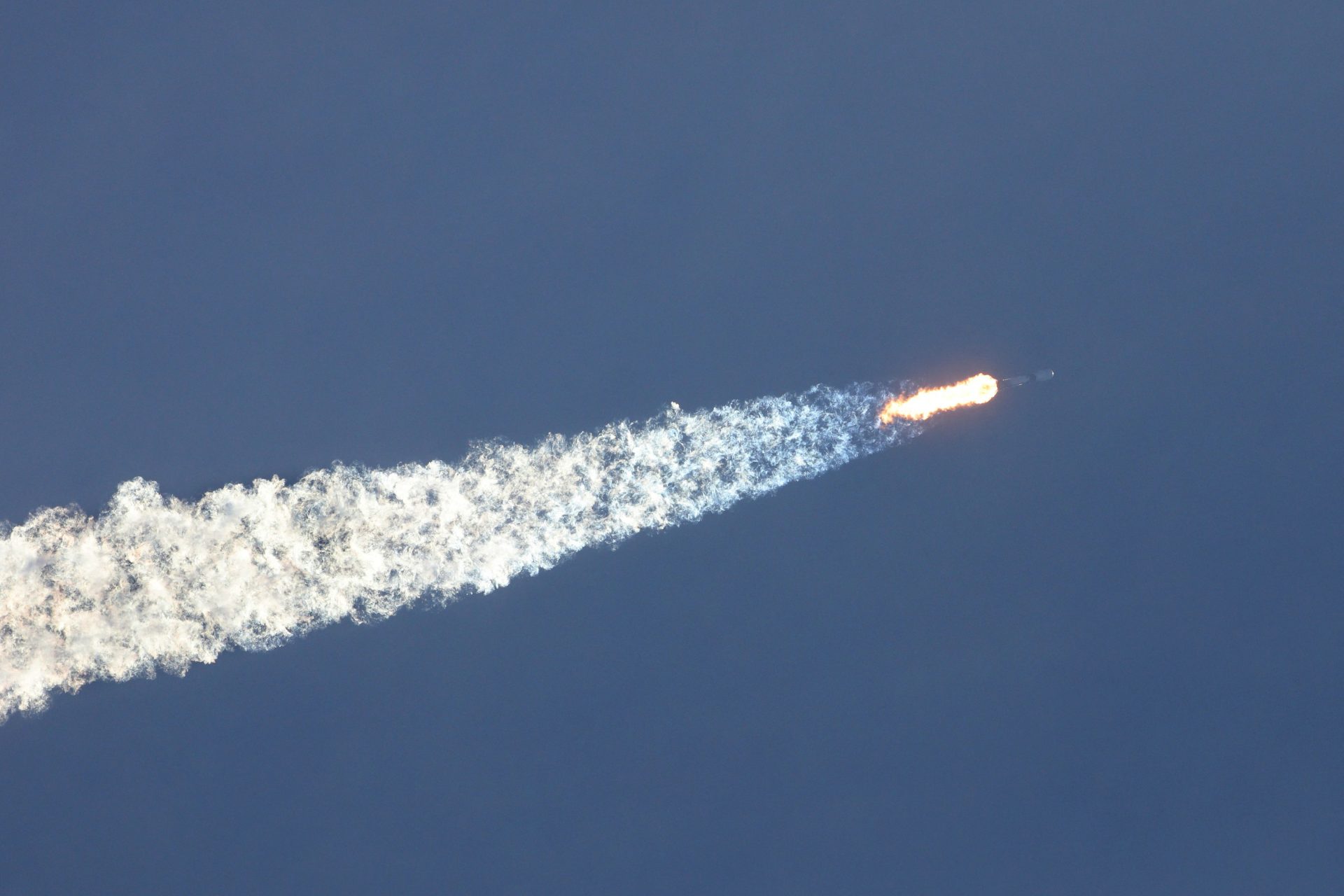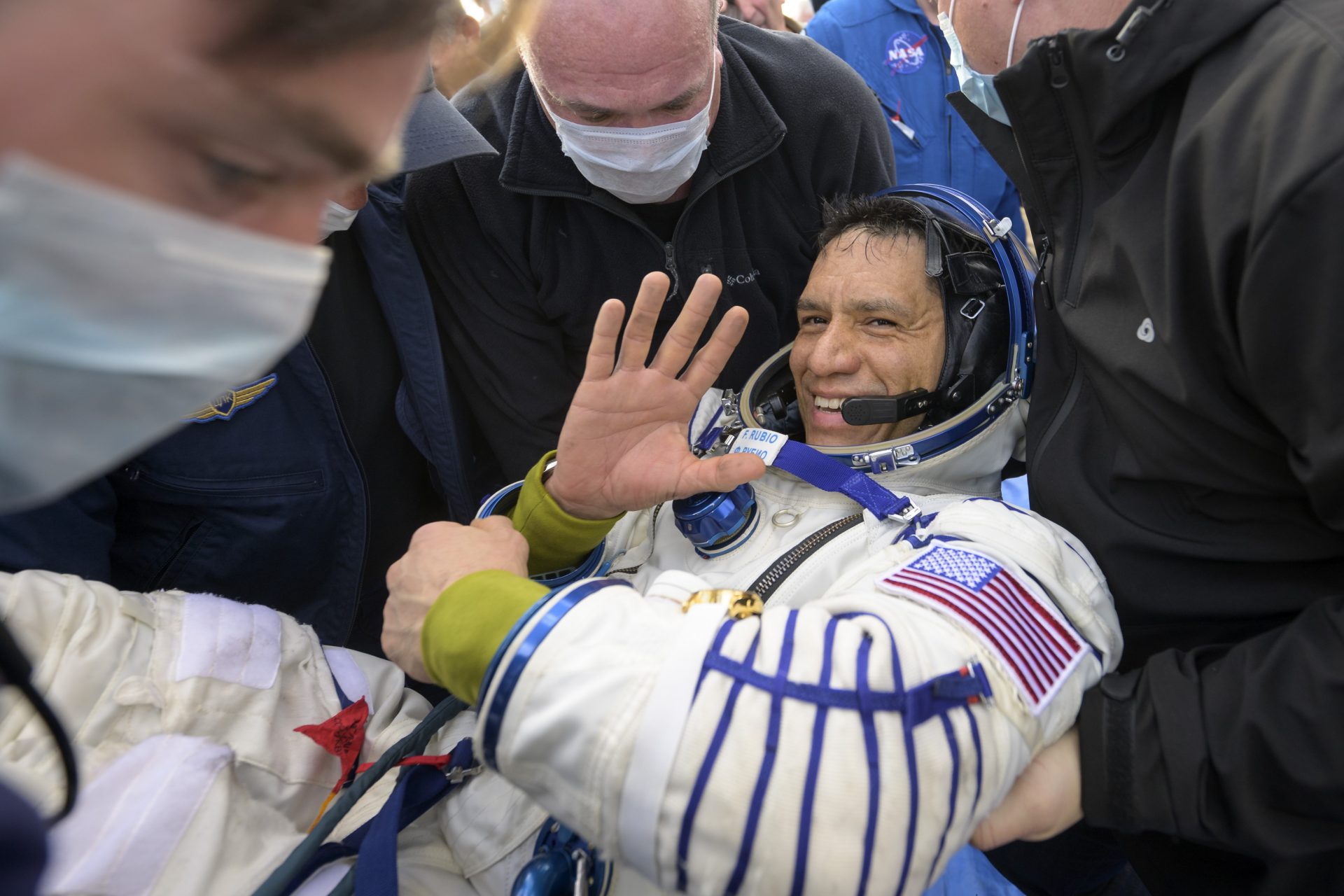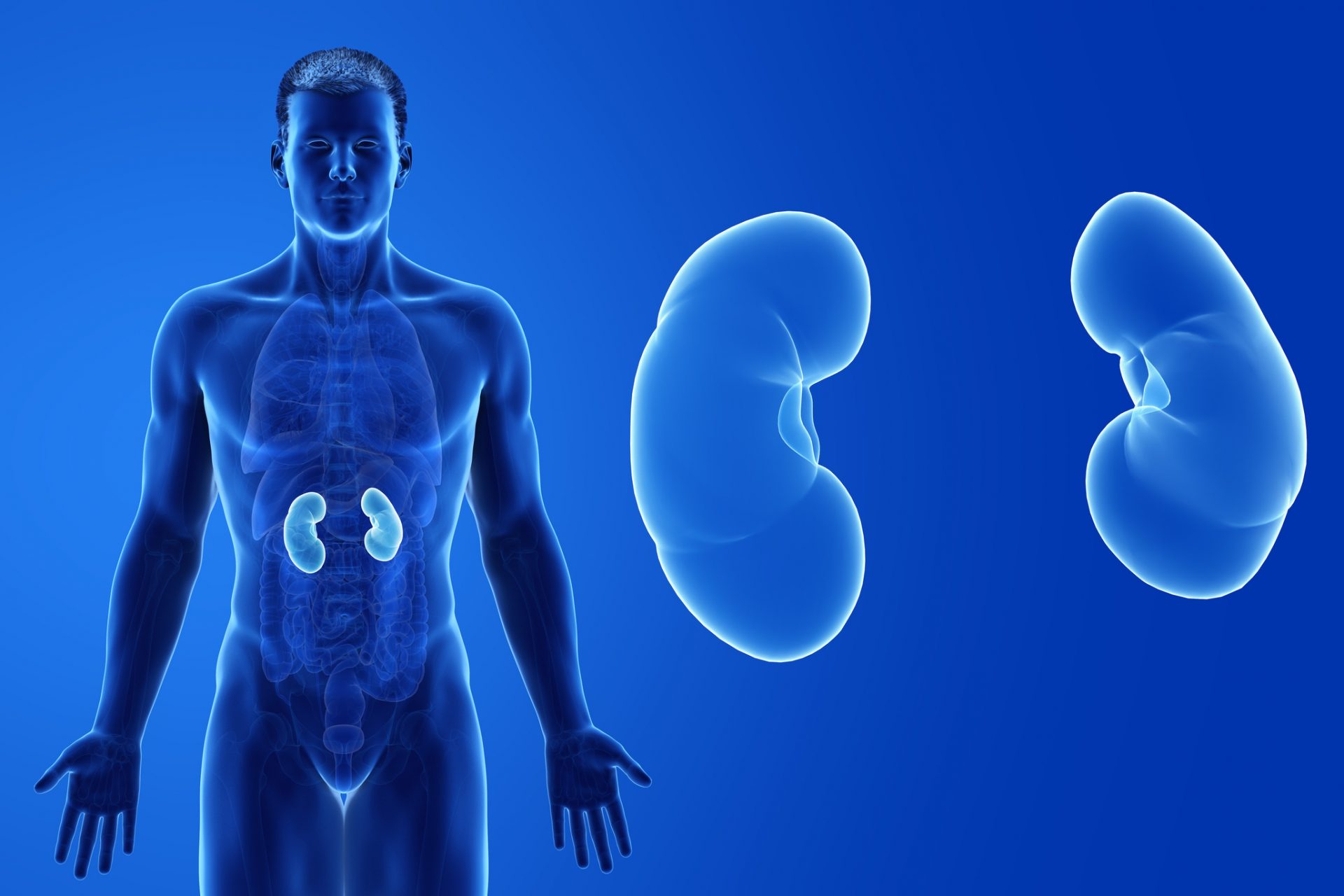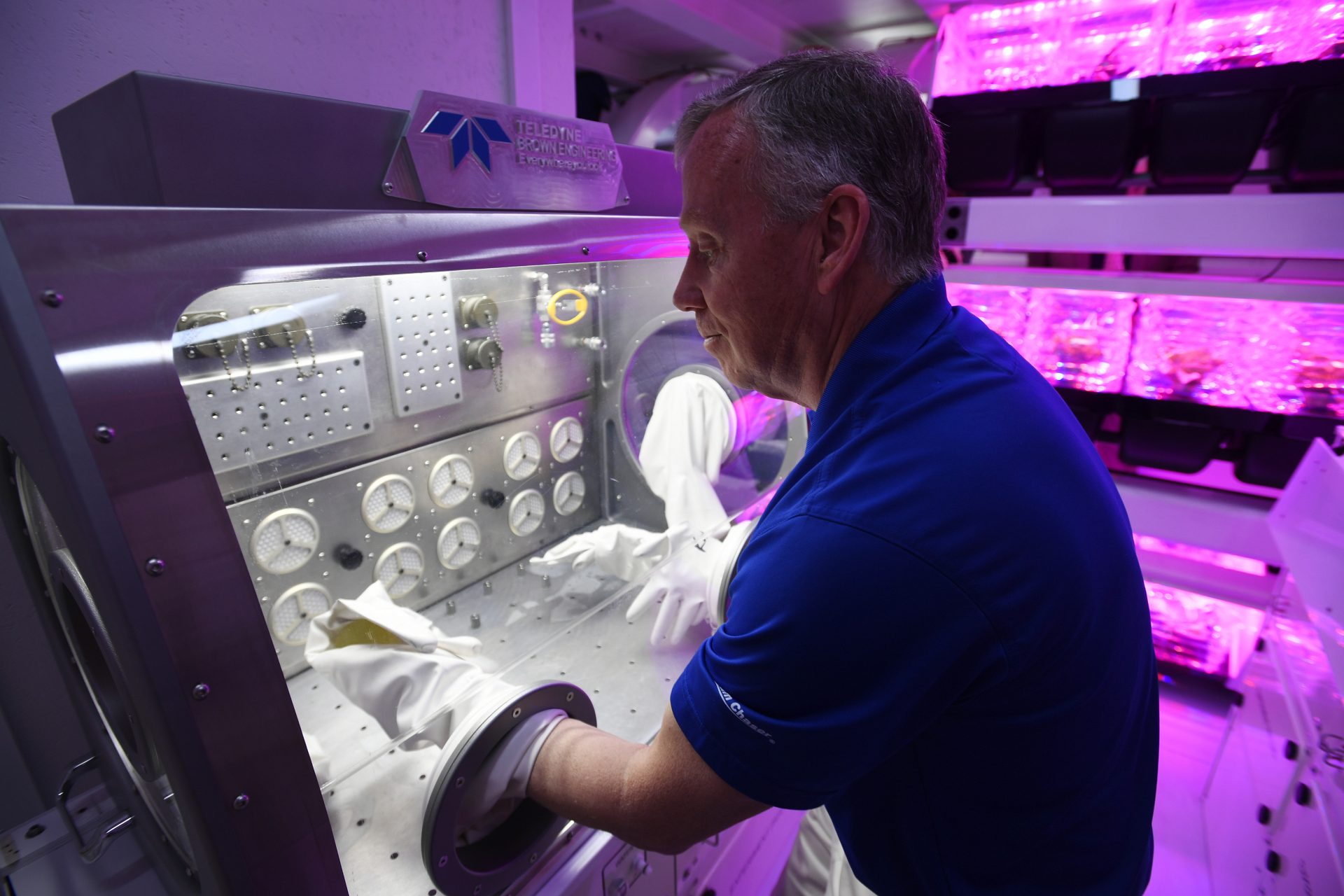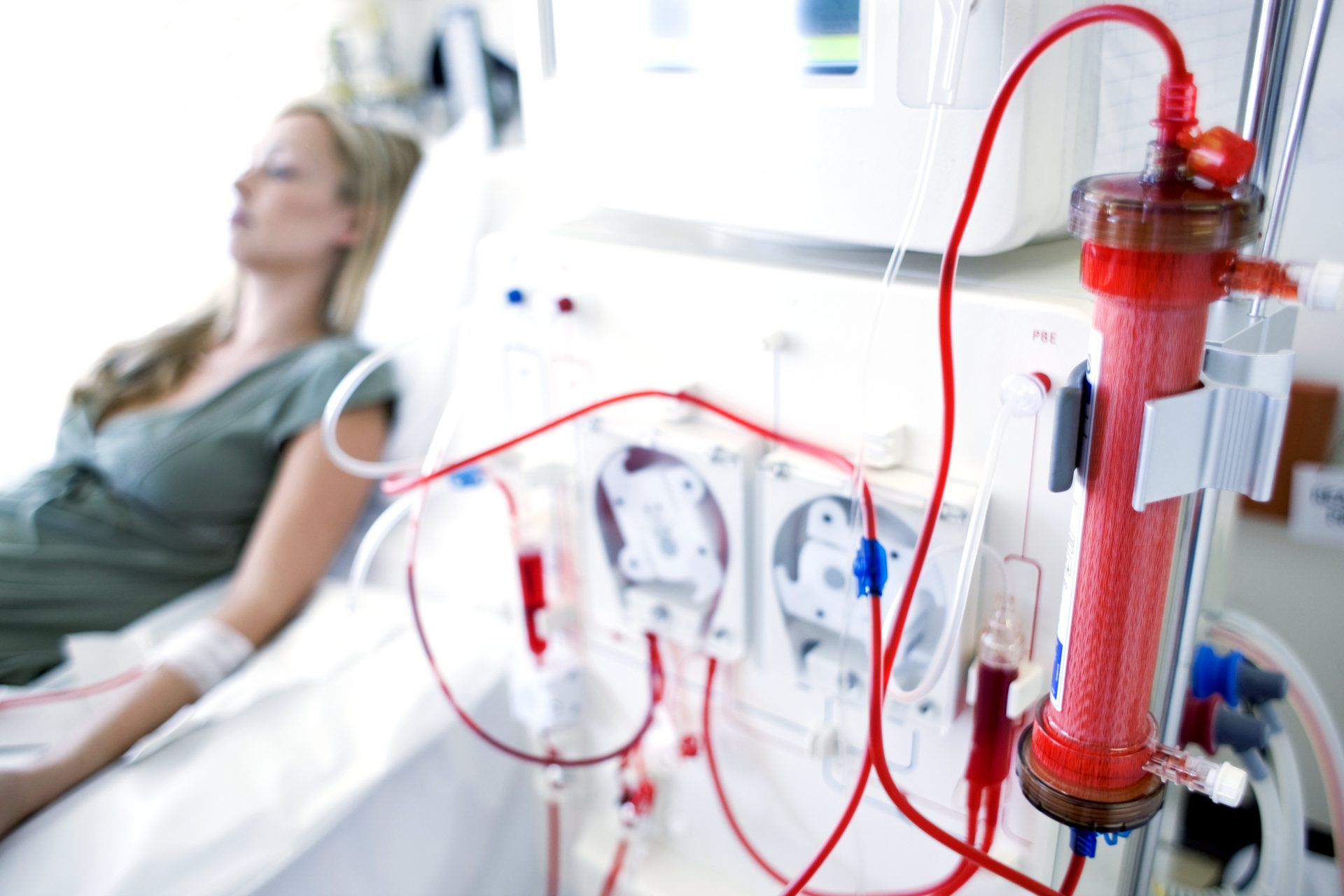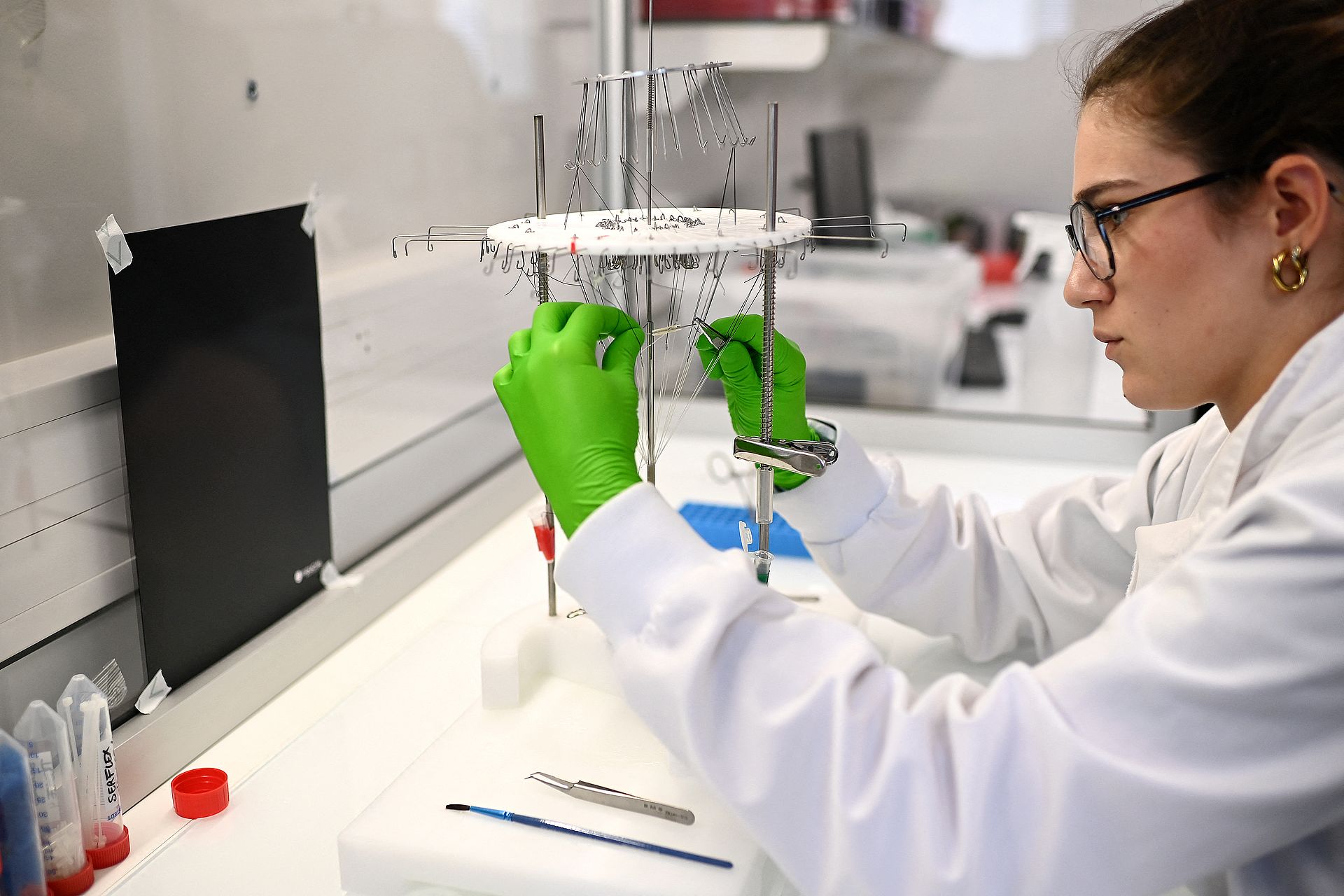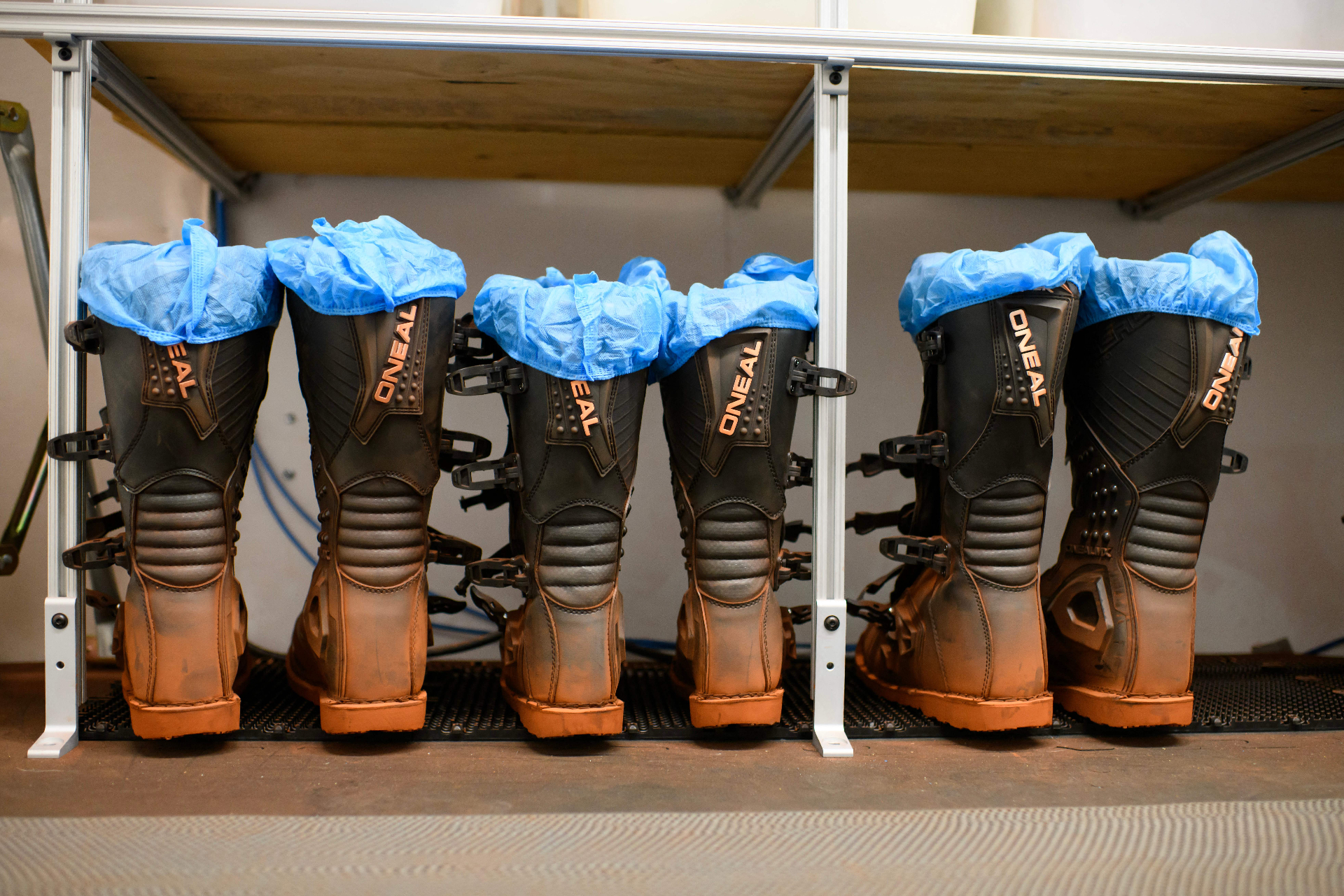Cosmic kidney disease: the condition that could affect Mars missions
New research has shown a possible deterrent to future deep space exploration missions: the effects of these endeavors on astronauts’ health.
The study, published in Nature, explored the consequences of space travel on the kidneys. It said that the effects of space on vital organs are mainly unexplored.
The researchers focused on the effects of microgravity and Galactic Cosmic Radiation (GCR) on the kidneys during prolonged space travel.
Newsweek reported that, according to the study, a long trip, like the two-year trip NASA astronauts might take to Mars, could cause the crew kidney failure.
The team observed rats exposed to conditions similar to those in deep space, such as the one outside the Earth’s magnetic field. It also monitored humans who had traveled to space.
One of the study’s authors, Keith Siew, warned that some astronauts might need dialysis after returning from a space trip like that. He also said radiation damage is hard to spot, and it could cost lives during the journey.
The result did not blindside the team. Siew said in a statement cited by Newsweek that science has known that space travel can affect astronauts’ health and cause kidney stones.
Those health issues “would be catastrophic for the mission’s chances of success,” Siew concluded. It could endanger missions, as NASA plans to go to the red planet in the next decade.
University College London professor and other author Stephen B. Walsh said in a statement that the study showed that kidneys are an essential organ to look into for space travel.
“It may be possible to develop technological or pharmaceutical measures to facilitate extended space travel,” Walsh added in the UCL statement.
The professor also said that pharmaceuticals that help astronauts’ kidneys tolerate radiation better could also help on Earth. For example, the medicine could help cancer patients receive higher radiation doses.
NASA expects to send a mission to the red planet in the 2030s. To achieve that, the agency is also studying how such a mission could affect the crew’s mind and body.
More for you
Top Stories



